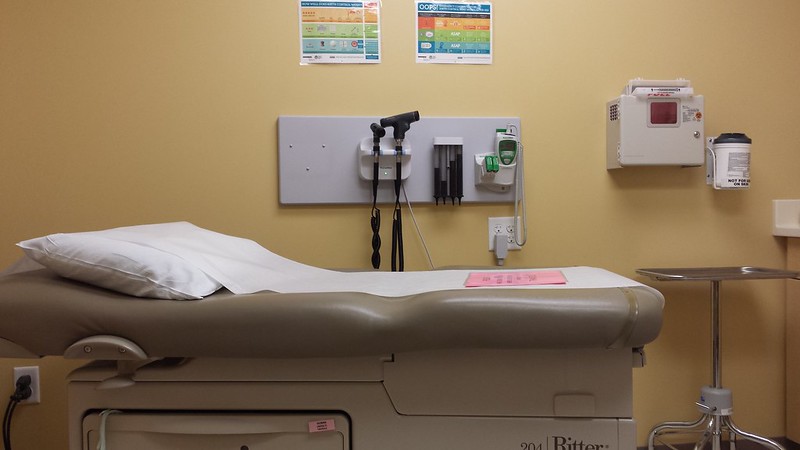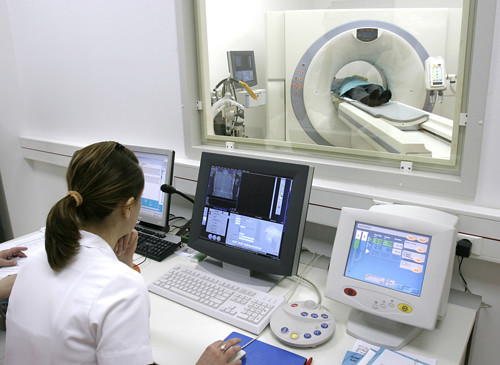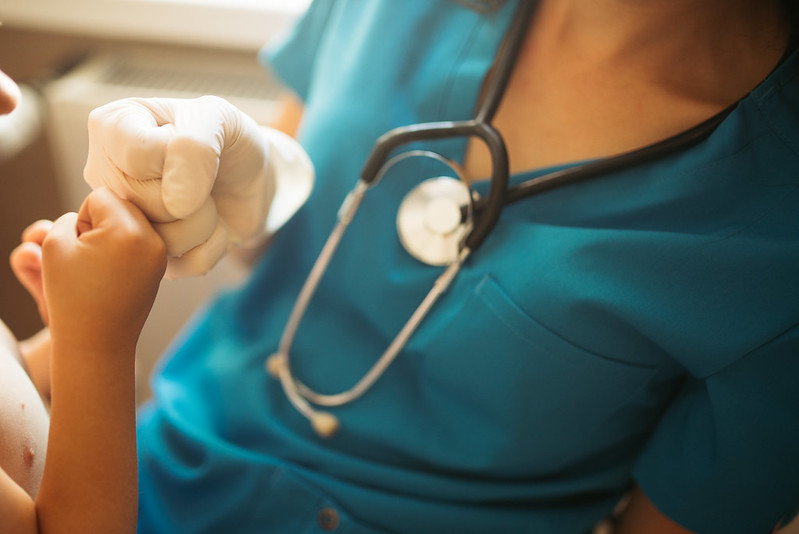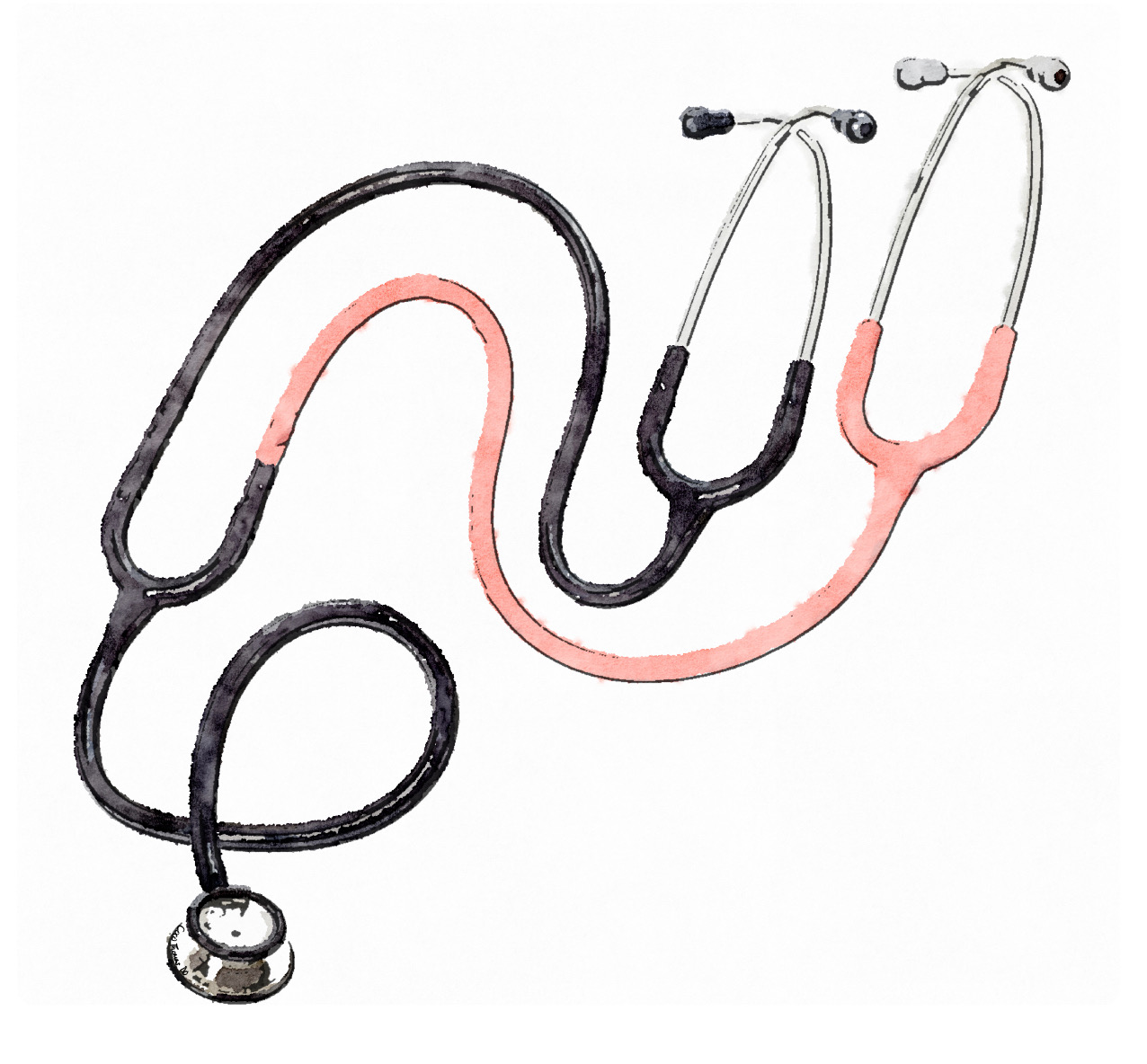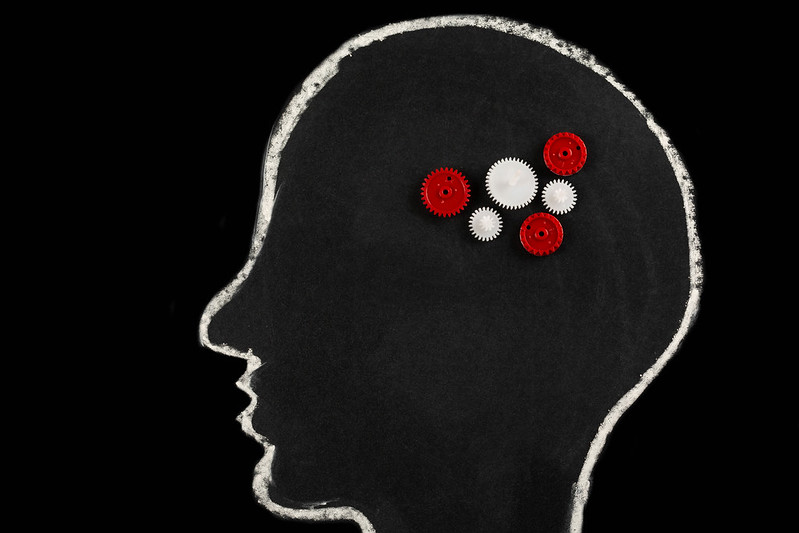Connecting With My cOMMunity
While I maneuvered through my first block of medical school, I felt emboldened by how well my undergraduate studies and extracurriculars prepared me for the transition. With that being said, Osteopathic Manipulative Medicine (OMM) snuck in on its Trojan horse and presented me with a very unexpected challenge.


